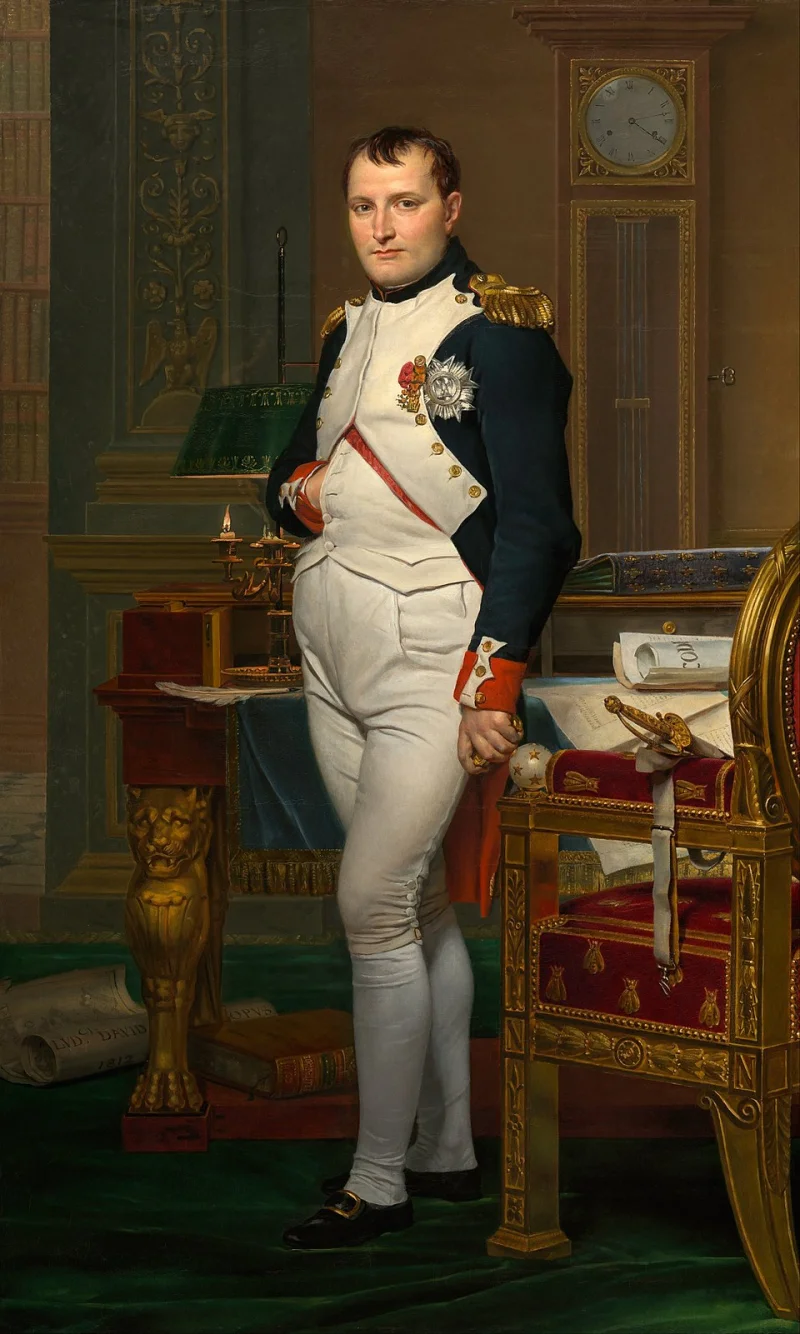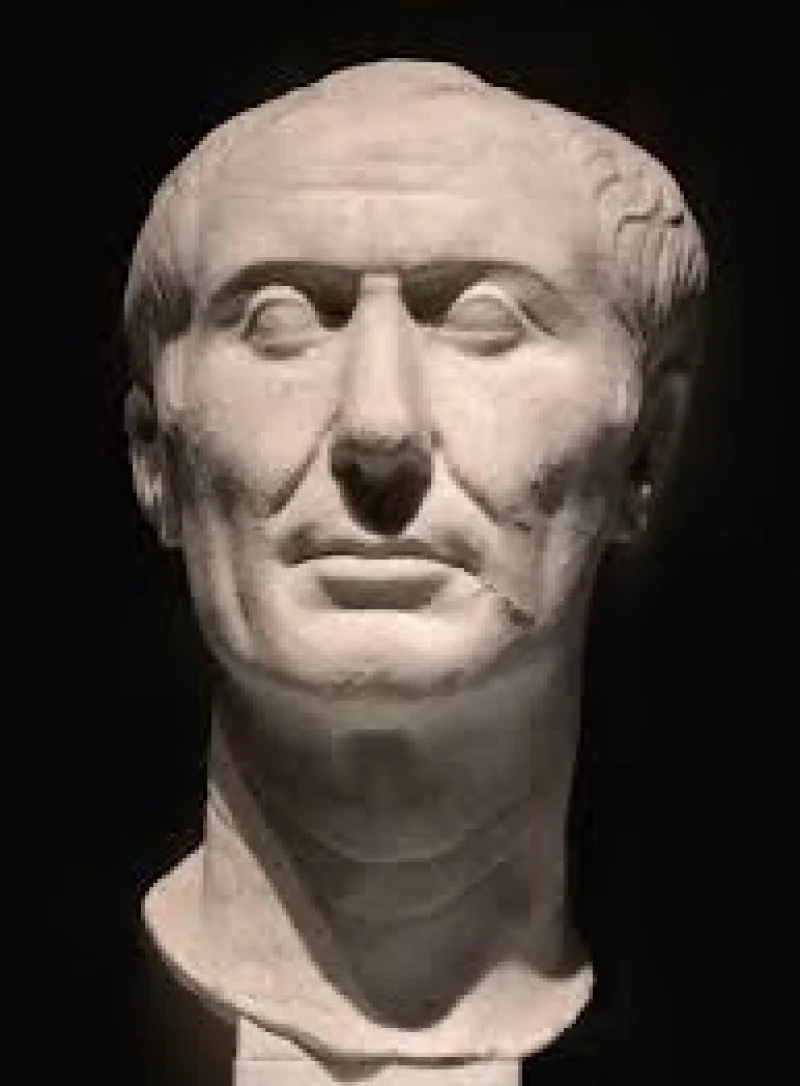Short Summary
Napoleon Bonaparte was a French military leader and emperor who rose to prominence during the French Revolution and its associated wars. He became the ruler of France and established the Napoleonic Code, which laid the administrative and judicial foundations for modern Europe. His military campaigns across Europe expanded his empire significantly, marking him as one of history’s most skilled military strategists. Despite his ultimate defeat and exile, his influence on European politics and the modern legal system remains profound.
Early Life & Education
Napoleon Bonaparte was born on August 15, 1769, in Ajaccio, Corsica, into a modest noble family. His father, Carlo Buonaparte, was a lawyer, and his mother, Letizia Ramolino, managed the household. At the age of nine, he was sent to mainland France to study at the Royal Military School in Brienne-le-Château. Napoleon excelled in mathematics and military tactics, which laid the foundation for his future career. He later attended the prestigious École Militaire in Paris, where he completed his training as an artillery officer.
Career Highlights
Napoleon's career began with his rapid rise through the military ranks during the French Revolution. After a successful campaign in Italy, he became a national hero and seized power in a coup d'état in 1799, declaring himself First Consul. In 1804, he crowned himself Emperor of the French, initiating the Napoleonic Wars, which reshaped the European landscape. His military genius was evident in battles such as Austerlitz and Jena-Auerstedt, demonstrating his strategic prowess. However, his invasion of Russia in 1812 marked the beginning of his downfall, leading to his eventual defeat at Waterloo in 1815.
Major Achievements
- Established the Napoleonic Code, which reformed the legal framework in France and influenced legal systems worldwide.
- Reorganized the French education system, promoting meritocracy and state-controlled education.
- Led the French military to numerous victories, greatly expanding the French Empire across Europe.
- Implemented significant administrative reforms that modernized the French government and economy.
- Initiated the Concordat of 1801, improving relations between France and the Catholic Church.
Famous Quotes
- "Impossible is a word to be found only in the dictionary of fools."
- "Victory belongs to the most persevering."
- "History is the version of past events that people have decided to agree upon."
Interesting Facts
- Despite his Italian heritage, Napoleon spoke French with a Corsican accent.
- He was exiled twice, first to Elba and then to Saint Helena, where he died.
- Napoleon is often credited with the phrase "an army marches on its stomach," highlighting the importance of logistics.
- His height is often debated, with estimates ranging from 5'2" to 5'7" due to different measurement standards.
- He sold the Louisiana Territory to the United States, doubling its size.
Legacy / Influence
Napoleon Bonaparte's legacy is marked by his military genius, influential legal reforms, and his impact on European politics. The Napoleonic Code served as a model for civil law systems around the world. His ambitious nature and strategic prowess have been studied by military leaders for generations. Despite his fall from power, his reshaping of Europe set the stage for the modern nation-state system.
FAQ
Q: Why is Napoleon Bonaparte famous?
A: He is famous for his role as a military leader and emperor of France, his expansion of the French Empire, and the establishment of the Napoleonic Code.
Q: What was the Napoleonic Code?
A: It was a set of civil laws introduced by Napoleon that influenced legal systems worldwide, emphasizing equality before the law and secular authority.
Q: Where was Napoleon Bonaparte exiled?
A: He was first exiled to the island of Elba and then to Saint Helena, where he died.
Q: What was Napoleon's impact on Europe?
A: His campaigns and reforms led to significant political and territorial changes in Europe, influencing the development of modern nation-states.









